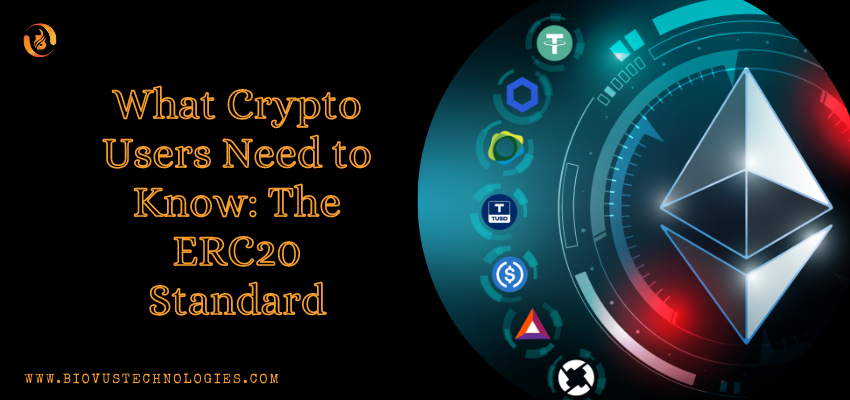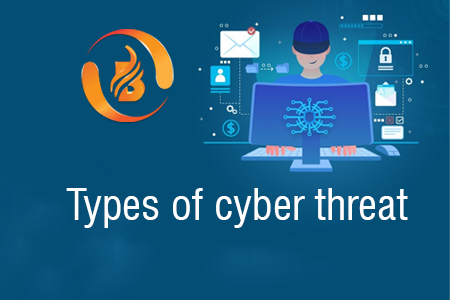Blockchain Technology is quite well-liked due to its excellent security and transparency qualities. Since the rise of blockchain technology in 2018, the payment and finance sectors have undergone nothing short of a revolution. There is no doubt that online/digital payments are the most recent game-changers in all commercial fields, even as other industries copy them.
What is Meant by Blockchain?
Blockchain is a distributed ledger technology that can be used to store data to prevent tampering with it. It operates according to protocols created to help parties who don’t trust one another and to get an understanding so they may join to accomplish various goals that are advantageous to the entire group. When Satoshi Nakamoto released a study in 2008, blockchain Technology gained its first notoriety. The term “Peer-to-peer electronic cash system” was used to describe the research study.
How does Blockchain Technology Work?
The system is known as blockchain stores, It can store the data in a series of blocks (which are really groups of transactions). The data is then distributed across users after being linked together. The blockchain is essentially a digital ledger of financial transactions. It has the ability to capture various kinds of real-time transactions, not simply financial ones. Almost anything of value can be recorded using blockchain technology. Blockchain transactions don’t need any sort of outside authority to be recorded. This shows that the data’s legitimacy cannot be independently verified. In other words, nothing that hasn’t already been modified can be saved on the blockchain. As a result, the data is immutable. Although it has been around since 1991, blockchain is commonly referred to as “new” technology. Since then, it has gained enormous popularity thanks in part to the worldwide cryptocurrency industry, mainly Bitcoin.
Advantages of Blockchain Technology
#1. Security Enhancement
Blockchain technology has the potential to alter how your sensitive and important data is perceived fundamentally. Blockchain reduces fraud and unlawful behavior by creating a record that cannot be changed and is encrypted end-to-end. By employing permissions to restrict access and anonymize personal data, privacy issues can also be solved on the blockchain. In order to prevent hackers from accessing data, information is kept across a network of computers rather than on a single server.
#2. Transparency
Without blockchain, every company needs to maintain a different database. Blockchain uses a distributed ledger, which ensures that transactions and data are recorded consistently across all locations. Full transparency is provided since every network user with permissions can see the same data at once. All transactions are time- and date-stamped records with immutability. Members may access the whole transaction history thanks to this, which almost eliminates the possibility of fraud.
#3. Sustainability
A blockchain-based audit trail records an asset’s origin at each stage of its travel, proving its provenance. This helps to give proof in industries where customers are worried about environmental or human rights concerns surrounding a product, or in industries plagued by fraud and counterfeiting. Data concerning provenance can be immediately shared with customers via blockchain technology. Any supply chain’s flaws, such as when items are left sitting on a loading dock while waiting to be transported, can be revealed by traceability data.
#4. Efficiency and Speed
Traditional paper-intensive procedures take a long time, are subject to human mistakes, and frequently call for third-party mediation. Transactions can be finished more quickly and effectively by automating these operations with blockchain. The blockchain may hold documentation and transaction information together, doing away with the necessity for paper exchange. Clearing and settlement can happen considerably more quickly because there is no need to reconcile various ledgers.
#5. Blockchain Automation
With “smart contracts,” transactions can even be automated, enhancing your productivity and accelerating the procedure even further. The subsequent stage in a transaction or process is automatically initiated after pre-specified requirements are satisfied. Smart contracts lessen the need for human intervention and rely less on outside parties to confirm that a contract’s provisions have been adhered to. When a consumer files a claim for insurance, for instance, the claim may be immediately settled and paid once the customer has submitted all required evidence.

#6. Instant Payments
Blockchain transactions are quick but also less expensive overall. The single record-keeping of Blockchain software easily replaces the previous paper-heavy transaction steps. Without the involvement of a third party, the process is successfully finished with reliable transactions. Transactions are completed with the fewest possible errors and without the use of a complex documentation process—cryptocurrencies aid in simplifying procedures more quickly and affordably.
Disadvantages of Blockchain Technology
#1.Scalability
Applications for blockchain, The popularity of Bitcoin is enormous. It can only process seven transactions per second, compared to 10,000 for Hyprledger and 24,000 for Visa. With the issue of scalability in mind, it becomes more difficult to envision how blockchain might be used in practice. One Bitcoin trade can take up to several hours since each participant node must confirm and authorize a transaction.
#2. Privacy
All nodes in the network have access to encrypted and anonymous data on a public blockchain. Therefore, this data is legitimately accessible to everyone on the network. Transactional data may be used to identify a person in the network, just as corporations typically use web trackers and cookies, and other tracking technologies. Unfortunately, this shows that blockchain technology is not completely safe.
#3. Data Modification
It is challenging to add or edit data with blockchain technology once it has been recorded. It is viewed as the key disadvantages and advantages of blockchain technology. Data modification requires rewriting programs and involves a lengthy procedure, which is a drawback. Sometimes too much stability can have a negative impact on systems. The primary drawback of blockchain technology in this situation is the irreversible records and labor-intensive updating process.
#4. Absence of Practicability
Undisputedly, blockchain-based solutions have huge potential, but the technology is still in its infancy. Standardization and clarity are lacking. The BSI, for instance, criticizes the overwhelming variety of options available, which makes it challenging to choose a particular product with any degree of certainty. Only a small number of businesses and industries have real-world implementations, and linking outdated systems is difficult. Furthermore, in the competitive job market, IT professionals with the necessary blockchain expertise are hard to find.
End Note
Some think it will contribute to the development of cryptocurrencies that might compete with precious metals, while others think it will soon collapse like a bubble and become nothing more. Like a coin with two faces, blockchain technology has both positive and negative aspects. So far, many sectors in the mainstream are benefiting from such a durable and dependable technology. However, some people take into account the drawbacks of technology and are considering using it.
visit us on: www.biovustechnologies.com








Comment on “What are the Advantages and Disadvantages of Blockchain Technology?”